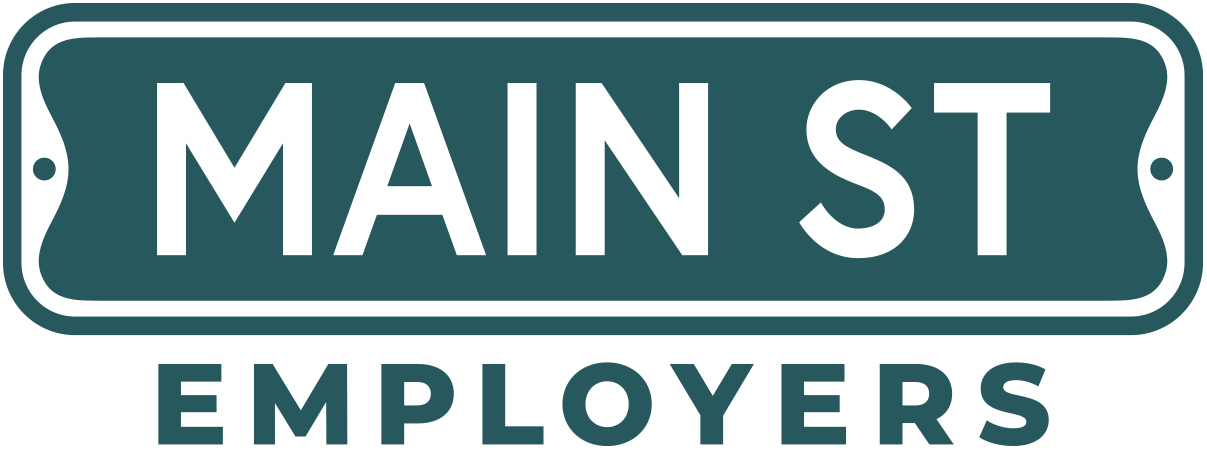Main Street Responds to House SALT Bill
Yesterday, the Parity for Main Street Employers coalition sent a letter to House tax writers raising serious concerns with their plan to provide temporary relief from the SALT deduction cap by permanently raising the top tax rate applied to pass-through…
